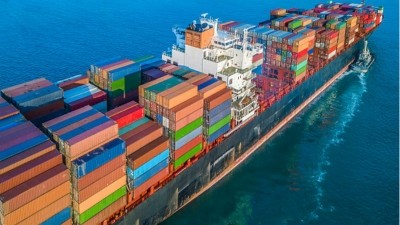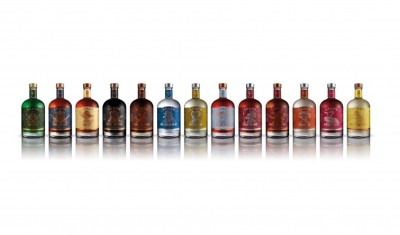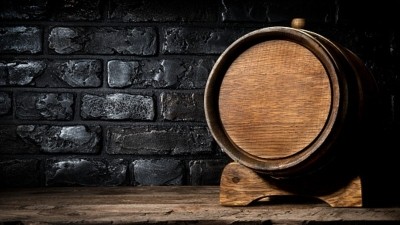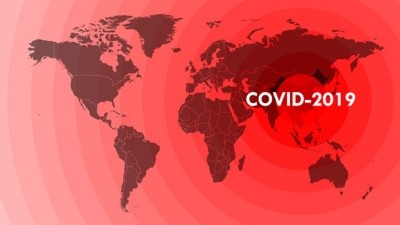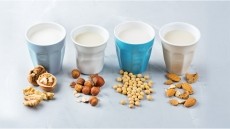Thai industry defends government alcohol ban retraction as panic-buying fuels fears of new COVID-19 infections
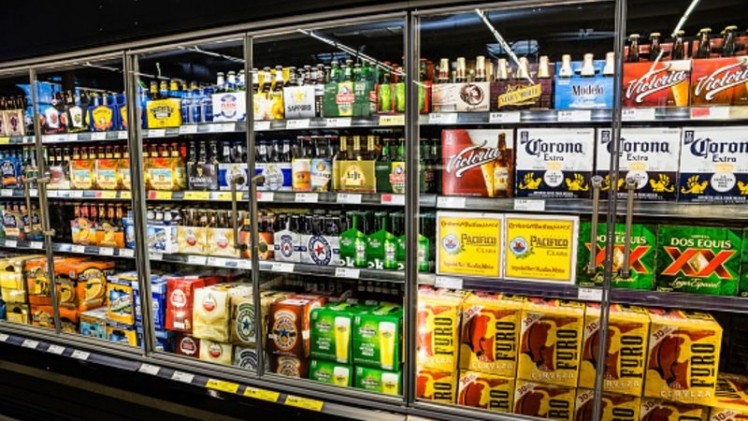
The alcohol ban was initially implemented in April to prevent the emergence of COVID-19 ‘super-spreaders’ by deterring gatherings, especially those to celebrate Thailand’s annual Songkran water festival, or the Thai New Year usually celebrated from April 13 to 15.
“According to the Centre for the COVID-19 Situation Administration (CCSA) and the Ministry of Interior, all 77 provincial governors have issued orders banning alcohol sales temporarily to reduce the risk of infection and prevention of COVID-19,” said the Tourism Authority of Thailand (TAT).
Local food industry leaders also said that this move was a cautionary one, as infections had previously happened this way.
“The main reason for the ban is to prevent the gathering of drinkers and the holding of private parties where they can create super-spreaders,” Food Science and Technology Association of Thailand President (FoSTAT) Professor Dr Anadi Nitithamyong told FoodNavigator-Asia.
“This actually happened previously with some night clubs and bars, [causing case numbers to rise rapidly], and this [ban] could be to stop more of these occurrences, [especially with] the Songkran Festival celebration [where many locals will gather together] to celebrate.”
The Thai government was initially expected to extend this ban until May 31, and the sudden announcement that it would instead be lifted on May 3 as part of relaxing COVID-19 measures came as a surprise – and a source of panic – for many.
This was announced by Deputy Prime Minister Wissanu Kreangam, who said alcoholic drinks were ‘not forbidden substances’ and could now be sold again at food retail and food service outlets, though consumers were only allowed to buy take-out and ‘drink these at home’.
Ample emphasis was placed on the necessity to maintain ‘strict social distancing procedures’ – but this has been mercilessly flouted by locals swarming alcohol shops and alcohol sections of retail outlets to panic-buy alcohol, in fear that the ban would be reinstated.
These fears were not totally unfounded, as just a day before Kreangam’s announcement, the Centre for COVID-19 Situation Administration had announced plans to extend the alcohol ban until May 31.
Many shops reported running out of alcohol amidst the panic, and the situation has been lambasted on Thai social media, especially when a viral video emerged showing people pushing and shoving to grab boxes of beer, with no regard whatsoever for social distancing.
“People say they don’t have money to eat but have money to buy alcohol. [If] Thais are going to behave like this, there is no hope to recover,” was the general sentiment expressed by netizens commenting on the video, while others feared that this behavior would lead to another wave of COVID-19 infections and potentially the reinstatement of stricter measures like the ban.
According to Matichon, such was the panic that even Thailand’s nationwide 10pm to 4am curfew was disregarded, and people were willing to queue long past 10pm to obtain alcohol.
As such, despite Kreangam’s announcement many provinces have opted not to take the risk of lifting the ban so soon, including Nakhon Phanom and Rayong (until May 15), Chanthaburi, Pathum Thani, Phetchaburi, Phitsanulok, Sa Kaeo and Songkhla (until May 31), as well as Buri Ram and Lampang (indefinite ban until governors deem it safe).
Industry reaction
The Thai Alcohol Beverage Association (TABBA) has shown full support for the government’s lifting of the alcohol ban, emphasising that alcohol is ‘not a cause of COVID-19’.
"Alcoholic beverages do not cause the spread of infection. It may be seen that alcohol must come with social gatherings, which is not always true. There are still other activities,” TABBA President Thanakorn Kupputtajit told Thansettakij.
“It is more important to create understanding and remind consumers to comply with the government’s social distancing measures, as well as adapt to the ‘New Normal’ so not celebrate festivals the same way at this time.”
FoodNavigator-Asia has reached out to TABBA for comment, but have not received a response at this time.
As of May 6, Thailand has recorded 2989 COVID-19 infections and 55 deaths, a relatively strong record as compared to many other countries. It remains to be seen how its decision to ease control measures will affect these numbers.
